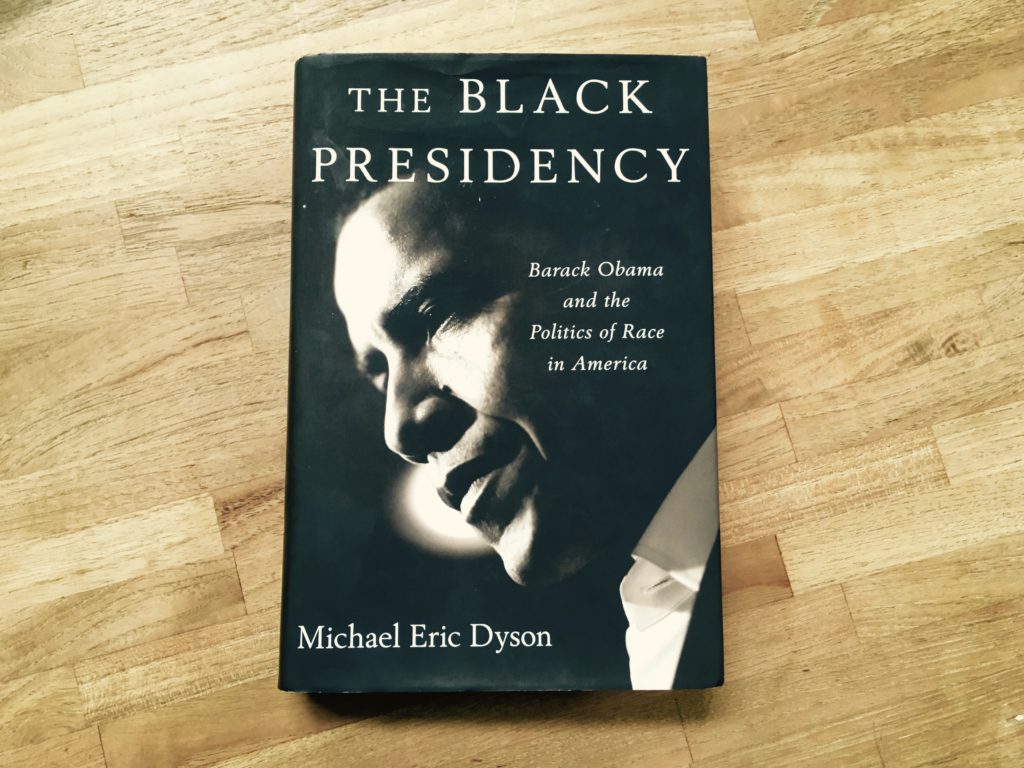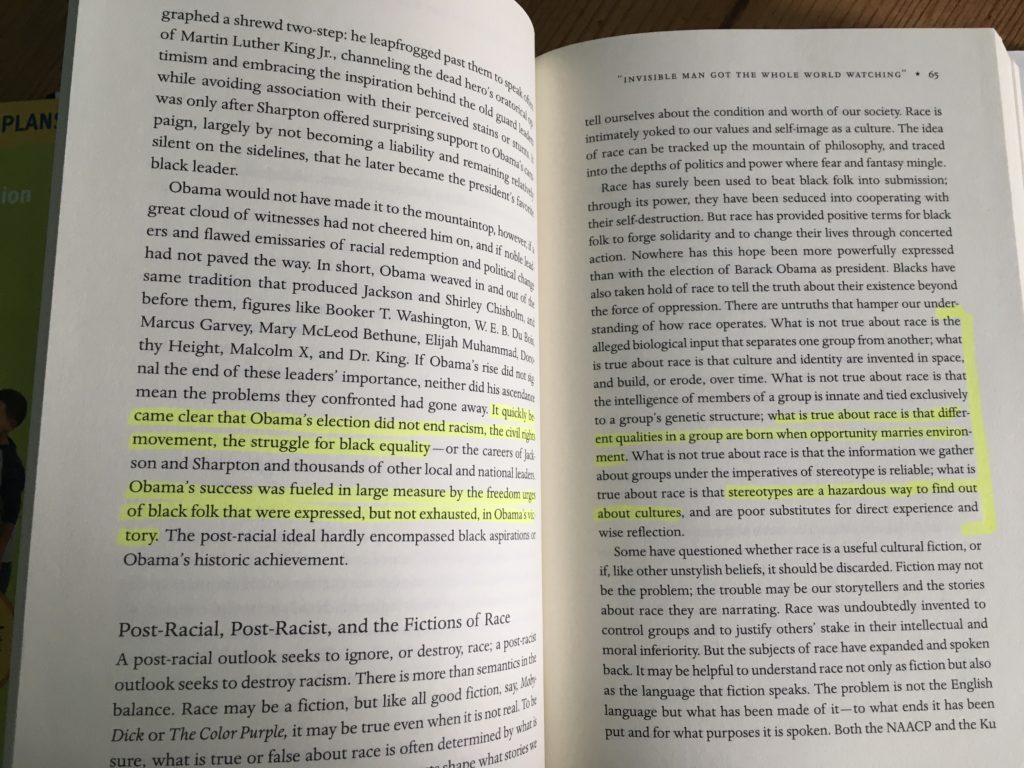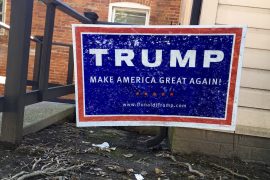
A Review of The Black Presidency by Michael Eric Dyson
In The Black Presidency: Barack Obama and the Politics of Race in America, author Michael Eric Dyson asks if Barack Obama is the President of Black America. For Dyson, he is not. This is great read for a French-German expat, even if I don’t always agree with him.
I’ve always been an avid reader, and I’m glad to have passed this gene to my children.
Only yesterday, my 7-year old son stood up after lunch and never came back. His answer when I called and asked him what he was doing could have been mine 30 years ago. “Je lis,” he said (French for “I’m reading”). His tone in answering could also have been mine: slightly exasperated, like saying “leave me alone!”
I’m also lucky to be a fast reader. This allows me to read a lot in a short time, even English books. Last February, I stopped at the World Bank Library and spent a couple of hours reading my way through the book shelves. I eventually bought three non-fiction books. One of them was The Black Presidency from Michael Eric Dyson, which I read during my stay at the Eastern Shore.
What’s the book about?
In The Black Presidency: Barack Obama and the Politics of Race in America, Dyson examines Obama’s presidency from a racial perspective. He accuses Obama of denying his black identity and failing to address racial injustice in the country. He also suggests that President Obama did so in order to keep white voters on his side.
Why do I like this book?
Michael Eric Dyson, a sociology professor at Georgetown University, is a gifted writer. He knows exactly what he is talking about and shares his insights in profuse detail. He’s known Barack Obama since the 1990s and worked twice to get him elected.
The book is not a eulogy for the outgoing president. Dyson is harsh on Obama, which makes the book quite interesting.
But, almost more than the content, I love Dyson’s powerful sentences. Here are a few of my favorites:
“Many black folk believed that Obama’s victory was their triumph . . . They desperately hoped that his election was a gesture of respect for the black masses.”
“To say that a white man is as black as a black man is to say that the black man is not as black as the white man, since the black man should have been blacker than the white man because he got a head start at birth.”
“Obama’s reading of the white mainstream proved the advantage of his half whiteness: he knew intimately the ways and desires, the fears and frustrations of white folk.”

What do I think about Dyson’s narrative?
Dyson is very critical of Obama. He labels him the “Reprimander in Chief” because he has targeted black moral failings in several speeches. He argues also that Obama is reluctant to address racial subjects except when he is forced to do so.
I suppose this reflects Dyson’s great expectations for Obama as a black president. However, as a non-American, I have another perspective on the subject.
First of all, I see Obama as the elected president of all Americans. One of the most powerful men on earth cannot dedicate his function only to domestic policy. I would expect the same from a French president with North-African roots: act first for the country and not only for a category of people. But, this might only be the opinion of a “white” girl who (almost) never had a problem with her skin color?
In Dyson’s words,
“One of the privileges of whiteness is the ability not to appear white at all, but to be seen simply as human.”
He’s right. When I arrived in the States, race was not a topic on my agenda. I became aware of this issue after noticing I live in a white neighborhood where the only African-Americans present work at Home Depot or in supermarkets
Secondly, Mr. Obama’s early life may give some clues about his approach to race. Raised in Hawaii, the nation’s ethnically most diverse state, he also spent a few years in Indonesia and went to local schools. To put it differently, he may just have felt different in a natural way.
Ultimately, Dyson reduces Obama’s biracial ethnicity to his white American mother and his black African father. He doesn’t speak at all about his parent’s divorce when he was just three years old, or about the remarriage of his mother to an Indonesian student a few years later.
In summary, I think Dyson misunderstood the president and expected too much from him.
You can buy The Black Presidency: Barack Obama and the Politics of Race in America online at Amazon or in any bookstore.





I am so impressed that you would read a book about our American President! How many Americans have recently read a book about a French political leader from the past or from current events, such as the controversial Jean-Marie Le Pen and his daughter, Marine? I am embarrassed to say the last hard bound book I read about a French leader was one about Charles De Gaulle! Let me see if I can close that gap in the next few months!